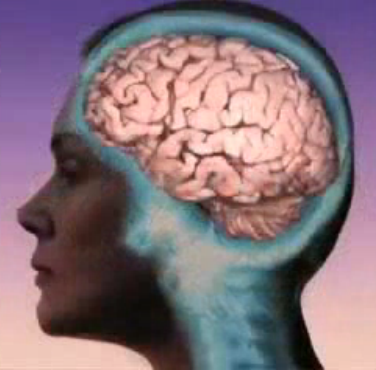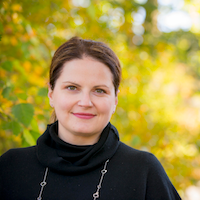Pretty much the only time I get to catch up on podcasts is when I’m in the car with no kids. (When I’m in the car with kids it’s all Disney music all the time.) Today, on the way back from dropping my kids off at daycare, I listened to last week’s Science Friday. In a piece called “'Lucy' Debunked,” neurobiologist R. Douglas Fields was lamenting the bad science in the Scarlett Johansson summer blockbuster about an  unwitting drug-mule that, through some zany hijinks, I’m sure, (I haven’t seen the film) accesses the full potential of her brain. Apparently, that means she gains abilities from time travel to telekinesis, and Dr. Fields was taking issue.
unwitting drug-mule that, through some zany hijinks, I’m sure, (I haven’t seen the film) accesses the full potential of her brain. Apparently, that means she gains abilities from time travel to telekinesis, and Dr. Fields was taking issue.
But he wasn’t taking issue with the time travel or telekinesis; he was taking issue with the idea that we only use 10% of our brains. He says:
“Survival of the fittest sees to it that nature is never wasteful. The human brain uses 20% of the body’s total energy but it represents only 2% of the body’s mass. What would happen if an animal built such a costly organ and let 90% of it go idle?”
Say what, Dr. Fields? And in that moment, an idea was born.
In this new blog series, Well Said!/Say What? I’ll present little moments from the media for us to discuss and commend or revise. When you see, hear, or read science explanations that make you cheer “Well said!” or that make you cock an eyebrow and go “Say what?” please email me (or tweet me @keeps3) and let me know. Topics should align with NCSEs areas of focus: evolution, climate chance, and science as a way of knowing. I’ll post the best and juiciest ones here. Remember, we want a mix of good and bad.
Two final notes: We at NCSE bounced around a lot of names for this series and settled on this one. But if you have other ideas, I’m open to them! The next post in the series will seal the deal name-wise, though, so speak now!
Far more importantly than deciding on a name for this series is understanding its purpose. It can be easy to get all knowier-than-thou when it comes to this stuff. It’s not my intention that we point fingers and declare ignorance everywhere. Rather, I hope that through our discussions, we can all learn to be more effective and accurate science communicators.
So, how about our Dr. Fields? How could he have said what he meant without perpetuating a misconception—and what misconception(s) was he (no doubt unintentionally) perpetuating?

